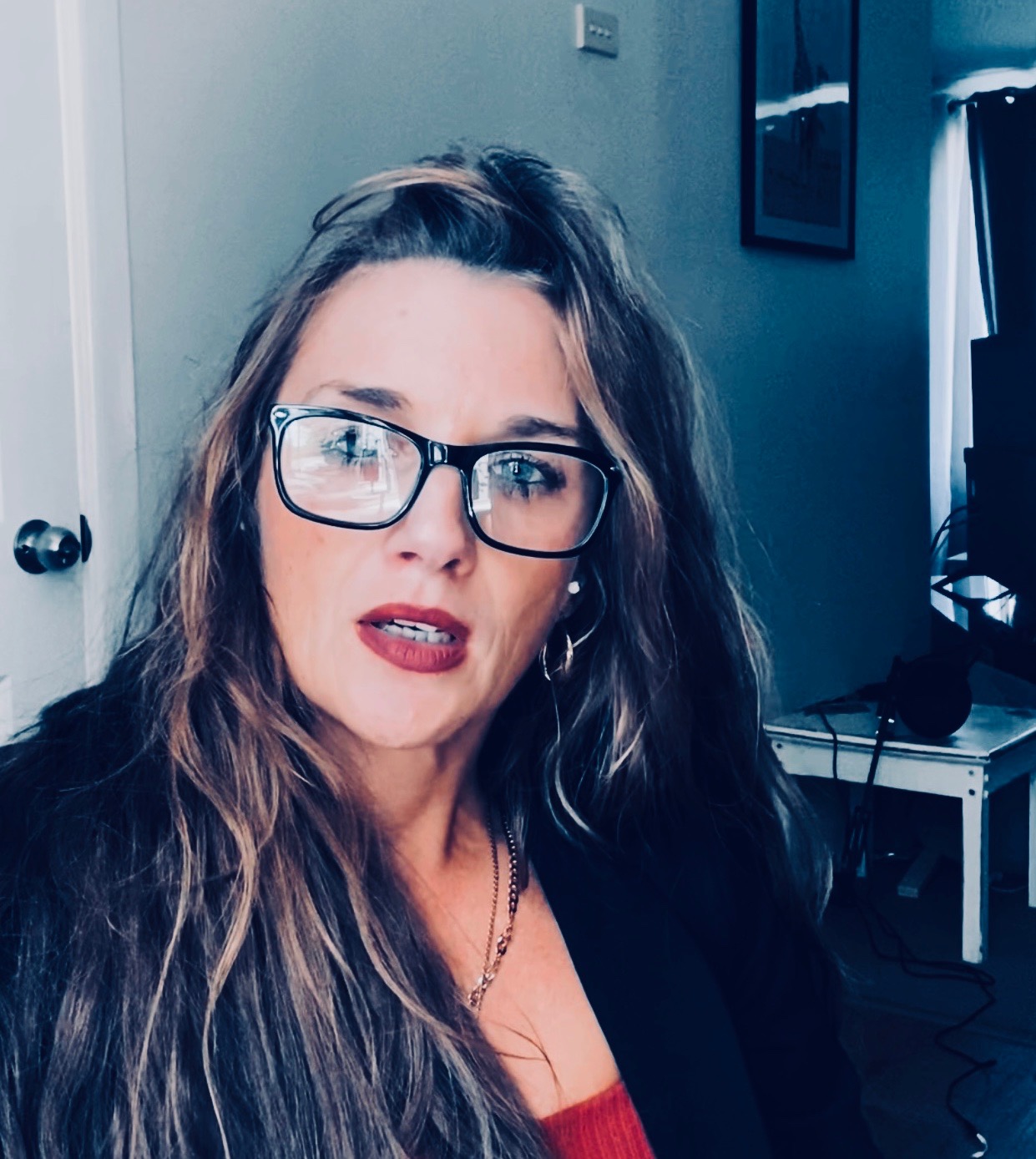
I’ve spoken a lot about the lack of skills within the disability sector. And I have a few suspicions as to how the industry got here and why it will stay there if the government doesn’t do something.
There needs to be lived, real, raw experience at the top of the food chain in the disability sector. There is certain morality and ethical investment that comes with employing lived experience, and this is needed to trickle down to re-invest integrity and character back into the sector. There is sadly though, very little value placed on the lived experience across the board. There needs to be more lived experience on the ground, in management and leadership roles that can bring that type of morality that only comes with experience. There are too many people making decisions and in positions of power who have no idea what they are talking about. This pervasive sector ignorance is decimating the industry.
FACT #1 There are no more sick days, annual leave days, carer days, for people like me. I am the primary carer for a child with profound and complex disabilities, and despite the level of disability in my home, there is nothing extra in the workplace in the way of leave accruals to support me. She is not a child anymore as such, she will be 17 years old in feb 2023. We, like many families in the same boat as us, have simply gone without. We went without holidays, time off, and went without the ability to use our sick leave for ourselves. I have always used all of my leave on my daughter, because I had no choice. In fact no employer asked me if I needed anything. I’d watch my workplace peers as they would take holidays in the office, they would proudly show off their photos and recount stories of the good, bad, and funny during their trips. I felt trapped, and wanted to be able to do that myself. But for me, it wasn’t an option. My daughter’s chronic health problems meant that I could never accrue enough leave.
The people I worked with were kind and genuine and would remark things like, ” I don’t know how you do it…” when she went to hospital. “Not again.” They’d say. Stress levels go through the roof when the person you care for is constantly and critically unwell and fatigue encroaches very quickly. I just had to strap my boots back on and go back to work because caring for a person with significant disabilities is is expensive, truthfully anything related to disability is expensive.
Just to clarify: the disability world is categorically not for someone who cares about equity. You just need to grin and bear it. We need to open some real, raw conversations about legitimately supporting carers in the workforce.
FACT #2
There is not enough respect shown for the carer role. The ‘lived experience’ is actually the most incredible resource within the Disability Sector, itself. Yet it still lays dormant. I am urging every Disability Sector Organisation, Agency, Company, Provider out there trying to provide services to the disability community to please employ some lived experience.
Don’t be so foolish to think that you can provide services to the disability community without being connected to their needs and who they are. They are a bold, strong, wise, experienced community, with specific needs. A course, certificate, diploma, or degree is not going to save you. Stop thinking that you know something about this community and its culture because you have read, studied or done some work already in the industry. You need insight, substance, and explicit knowledge. You can only get that from attaching to and employing the type of integrity that only comes with lived experience.
FACT # 3
After you employ persons with lived experience: listen to them. Mostly my experience is one of not being valued. My explicit industry knowledge was overridden by other staff who thought they knew better, staff who didn’t understand and who couldn’t be told. You are going to fail with a mindset like that. My advice is to employ the right people who know the industry by means of lived experience and take advantage of them and their in depth understanding of the customer base. After all they are the customer. Discuss the disability community with them. Discuss disability culture with them. Learn who your customer actually is, and then modify your business strategy to fit that model. Look at the ‘culture’ within your own business. Address the misconceptions. Address the language your staff use, and surely you will get closer to the finish line.

Leave a Reply